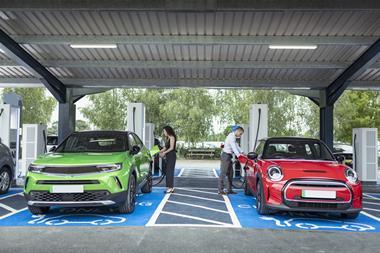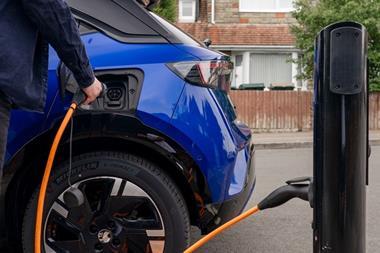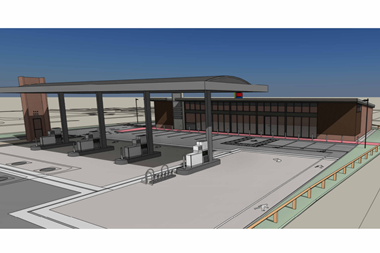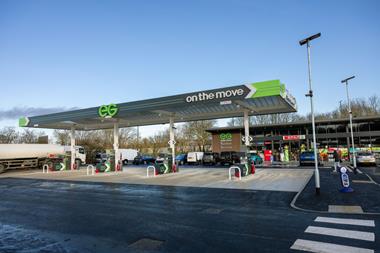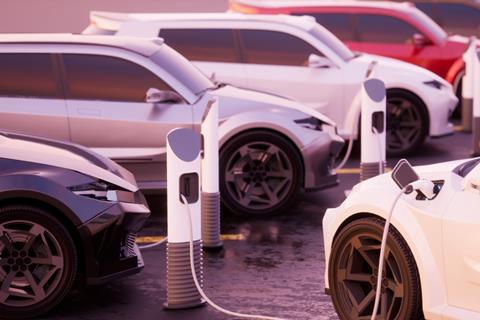
Fresh demands that the 20% VAT rate on public EV chargers be cut to the same 5% enjoyed by domestic electricity supplies have been made of the Chancellor of the Exchequer.
The call comes in light of poor EV sales and as April approaches, bringing with it the requirement for owners of electric cars to pay road tax.
The insurance and breakdown company AA’s ‘Recharge Report’ highlights that the average cost of an ultra-rapid 150kW+ public charger stood at 78 pence per kWh across the first two months of the year, compared to 25 pence for home electricity – though those on EV-specific residential tariffs can pay as little as 7 pence per kWh for overnight charging.
New electric cars registered from April 2025 are subject to the standard road tax rate of £195 a year for the first time, while those costing £40,000 also attract the ‘expensive car supplement’, which adds £410 annually from years two to six of the vehicle’s life.
These additional burdens come on top of the higher cost of EVs relative to their petrol counterparts, partly caused by the fact that while an electric car’s battery fulfils the same role as a fuel tank, the former costs £10,000 or so to manufacture, whereas the latter is around £50.
Concerns around range, cost and residual values, combined with no financial incentives, have combined to make retail buyers reluctant to make the switch to EVs. The market is predominantly made up of lease and business buyers, who receive significant tax relief for electric vehicles, and purchase between 80 and 90% them as a result.
The AA says that parity between retail and domestic electricity prices for EVs would help nudge drivers into EVs, with the company’s head of roads policy, Jack Cousens, saying the move “would encourage those changing their car to opt for one with a plug”. Referencing the “pavement tax”, Cousens highlighted that people without off-street parking at home are effectively forced to use public chargers, and that cutting VAT from 20 to 5% would save drivers around £5 for a full charge.





















